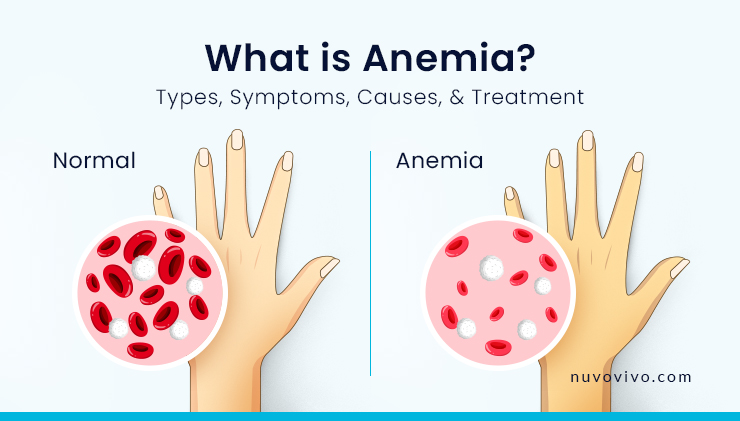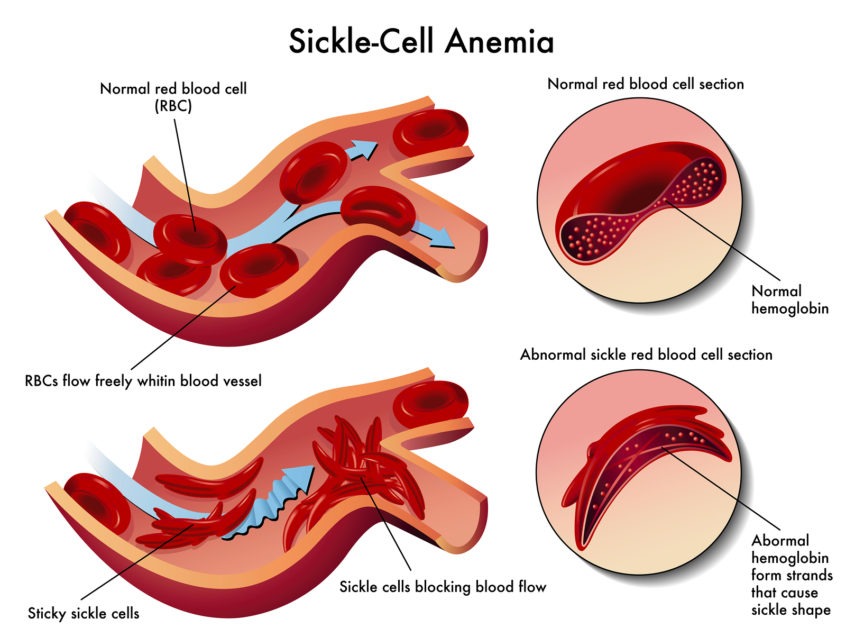
The treatment of anemia is determined by the cause. Hemolytic anemia is a common condition caused by decreased production of red blood cells. The body replaces these cells constantly, but when they are low, the body has trouble making new ones. Your doctor can detect this problem through a series of tests, including a urine test and a blood test. Other tests include a bone marrow biopsy, which is only performed in very rare instances. If your doctor detects that your anemia is due to an iron deficiency, he or she may prescribe a supplement to improve your condition.
Several factors can cause anemia caused by inflammation. Your body’s ability to absorb iron from foods is regulated by the small intestine. Disorders in the intestine can affect the way your body metabolizes nutrients. Inflammation affects the way iron is absorbed, causing anemia. Anemia caused by chronic disease is also an autoimmune disorder that occurs because of an inadequate diet. However, even if your symptoms are not autoimmune, you can still suffer from this condition.
Iron deficiency can cause anemia. Anemia caused by a lack of iron in the diet can be a symptom of anemia. However, there are some medications to treat anemia caused by an iron deficiency. Recombinant human erythropoietin is one of the most popular treatments for anemia. This synthetic form of erythropoietin stimulates the production of red blood cells in the bone marrow.
Typically, anemia caused by an underlying disease will not be a standalone symptom, and proper testing is necessary to determine whether or not it is an underlying medical problem. If you suspect anemia or feel that your anemia is causing you significant symptoms, you should contact your doctor right away. Anemia is more common among the elderly and people with chronic medical conditions. If you’re experiencing any of these symptoms, you should seek help.
Anemia caused by an intestinal disorder requires treatment that is specific to your condition. If you’re suffering from anemia caused by an underlying disease that causes an increased amount of blood, your doctor will need to perform an extensive examination to determine the source of the blood loss. In addition to these tests, your doctor will also want to examine the lining of your colon and determine any bleeding. A gastrointestinal bleeding will be identified by a series of tests.

In order to determine if anemia is a symptom of a blood disorder, your health care provider will need to do a blood test to diagnose the condition. Some blood tests are combined into a complete blood count, while others will simply look for red blood cells. Some health problems can cause anemia of the inflammation, resulting in low iron in the blood. Depending on the cause, the symptoms of anemia may be more severe, but they may not occur at all.
Anemia is a condition in which there is an inadequate number of red blood cells in the body. The red blood cells also play an important role in the body, and they are called hemoglobin.
Iron in the hemoglobin of red blood cells allows them to carry oxygen and carbon dioxide. This carbon dioxide is expelled by the lungs during exhalation. If the number of red blood cells is not enough, the body will suffer from various complications.
Another cause of anemia is bone marrow dysfunction. Bone marrow dysfunction can lead to anemia. Certain types of diseases, such as kidney disease, can lead to insufficient red blood cell production. Some people may also experience anemia due to severe illness. A healthcare professional can diagnose and treat anemia depending on the cause of the anemia. They will also need to treat patients with other medicines.
Anemia is often diagnosed with a blood test. A complete blood count is part of a general physical examination and gives a good indication of your general health. Anemia can also be caused by having too many of the wrong types of bacteria. The bacteria will use up any available vitamin B12 before it can be absorbed. Site sga.co.th says that a patient with Crohn’s disease is at risk of developing this type of anemia, which is an inflammatory disease.